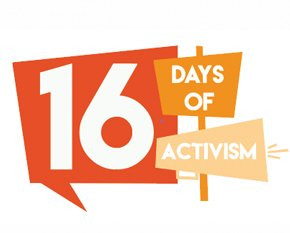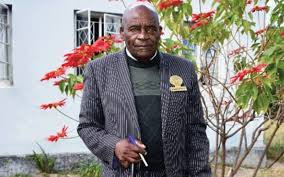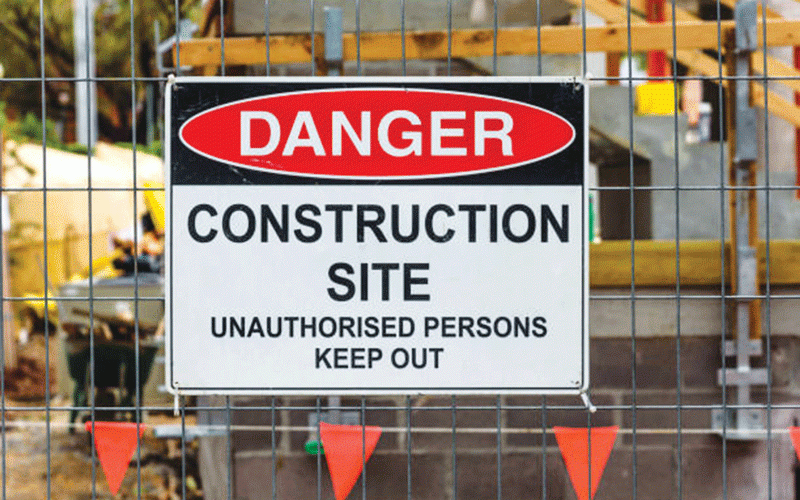
THE recent remarks by Virginia Muwanigwa, the chief executive officer of the Zimbabwe Gender Commission, underscore a critical juncture in the fight against gender-based violence (GBV) and sexual harassment in workplaces across Zimbabwe. As the nation marks the beginning of the 16 Days of Activism Against Gender-Based Violence, it is essential to delve deeper into the implications of these issues, the importance of international frameworks like Convention 190 and the collective responsibility of all stakeholders in creating a safe environment for all individuals, regardless of gender.
Understanding GBV and its impact
Gender-based violence is a pervasive phenomenon that transcends borders and cultures. According to the Zimbabwe National Statistics Agency (ZimStat), one in three women in Zimbabwe experiences physical violence during their lifetime. This alarming statistic highlights the urgent need for comprehensive measures to combat GBV. The economic and social implications of GBV are profound; victims often face barriers to employment, education and healthcare, perpetuating cycles of poverty and inequality.
As Muwanigwa stated: “The impact of GBV is not just personal; it affects families and communities, hindering national development.” It is crucial to recognise that GBV undermines the overall growth of society and perpetuates gender inequality.
The importance of Convention 190
The International Labour Organisation's Convention 190 is a landmark framework aimed at eliminating violence and harassment in the world of work. This convention provides a comprehensive approach to addressing these issues by promoting safe and respectful workplaces. It emphasises the need for legal frameworks that not only prohibit violence and harassment but also encourage preventive measures and supportive mechanisms for victims.
Muwanigwa urged stakeholders to “commit to the principles of Convention 190, as it provides the necessary framework to combat workplace violence.” Implementing this convention in Zimbabwe will require concerted effort to develop comprehensive strategies that address the root causes of violence and create a culture of respect and equality in the workplace.
The role of stakeholders in combating GBV
- Ngozi Mine’s young mothers suffering in silence
- Ngozi Mine’s young mothers suffering in silence
- Village Rhapsody: Engage men to end gender-based violence
- Chics’ Galaxy: Takawira fights in the girl child’s corner
Keep Reading
Addressing GBV and ensuring the effective implementation of Convention 190 is a collective responsibility. Each sector plays a vital role in crafting a safer environment.
Government
The government must take the lead in establishing robust legal frameworks that align with Convention 190. According to a report by the United Nations Development Programme, “Only 17% of women who experience violence report to the police,” indicating a significant gap in legal protection and support. This underscores the need for laws that protect victims and punish perpetrators as well as resources for education and awareness campaigns.
Private industry
Employers have a crucial role in developing strategies that ensure the full implementation of Convention 190. This includes creating clear policies against harassment and providing training for employees on recognising and reporting violence. Filile Masuku, director of ILO Zimbabwe, emphasised that employers must “develop strategies to ensure the full implementation of the new convention” to foster a culture prioritising safety and respect.
Non-governmental organisations
NGOs play a vital role in raising awareness, providing support services and advocating for policy changes. The Zimbabwe Network for Social Justice reports that “over 70% of women in rural areas lack access to information about their rights,” highlighting the importance of grassroots efforts to educate communities about GBV and available resources. Collaborating with the government and private sector enhances the effectiveness of their initiatives.
Significance of the 16 days of activism
The 16 Days of Activism Against Gender-Based Violence is an annual campaign that seeks to raise awareness and galvanise action to prevent and eliminate violence against all genders.
This campaign serves as a reminder of the urgency of the issue and the need for sustained efforts to combat GBV. The World Health Organisation notes that “violence against women is a major public health issue,” making it imperative for individuals and organisations to come together during this period to share experiences and develop innovative solutions.
Therefore, the fight against gender-based violence in Zimbabwe requires a solid approach that involves all sectors of society. As highlighted by Muwanigwa, the implementation of Convention 190 is a critical step towards creating a safer and more equitable workplace. By committing to this framework and engaging in 16 days of activism, stakeholders can foster a culture of respect and equality, ultimately paving the way for a future where every individual can thrive free from violence and harassment. Addressing these issues head-on is not just a moral obligation; it is essential for the social and economic advancement of Zimbabwe as a whole. - Raymond Tendai Rusinga











